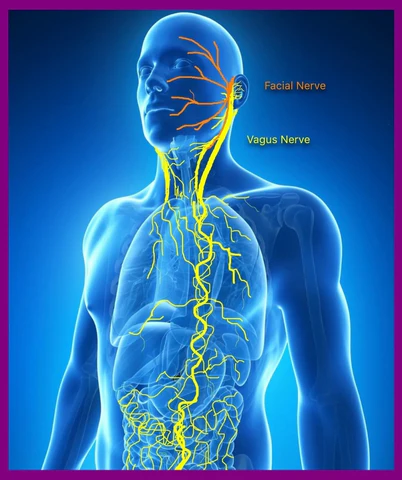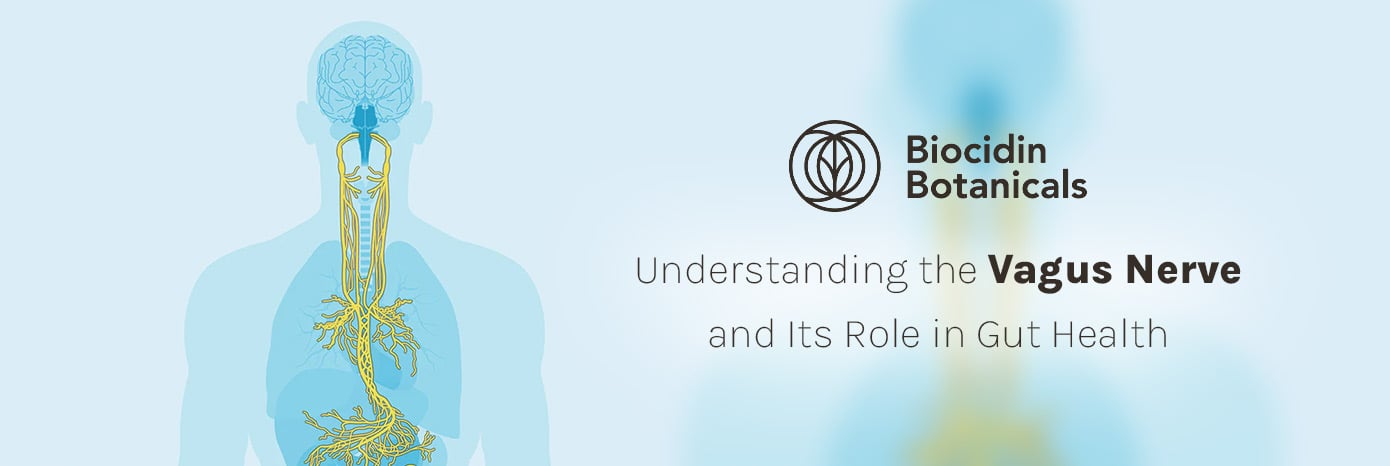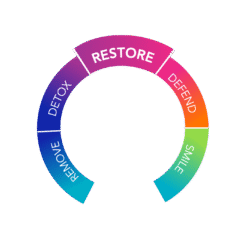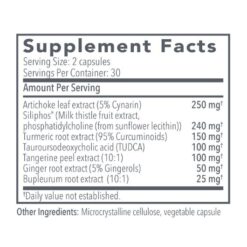Beauty News, Biocidin Botanicals
Understanding the Vagus Nerve and Its Role in Gut Health
A successful system hinges on an effective command center, and the human nervous system is no different. With over 100 billion nerves, it orchestrates complex interactions between the brain and body. The superstar of this biological network is the vagus nerve. Surprisingly, many of us know very little about it.
The All-Encompassing Nerve
The term “vagus” is derived from the Latin word for “wandering,” which aptly describes this nerve. It’s the longest of the 12 cranial nerves and has its origin in the brain stem. From there, it meanders down the neck and branches out to touch nearly all major organs, including the heart, lungs, and digestive tract.
Learn More About the Anatomy of the Vagus Nerve
This remarkable nerve is responsible for overseeing a plethora of bodily functions:
- Respiration
- Swallowing
- Heartbeat
- Blood flow
- Circulatory functions
- Digestive process
- Emotional state
- Immunity

The Gut’s Best Friend: The Vagus Nerve
What sets the vagus nerve apart is its role in the parasympathetic nervous system, which helps the body transition into its “rest and digest” state. A crucial aspect of this nerve’s functionality is to moderate the enteric nervous system (ENS), the complex arrangement of neurons that line our gastrointestinal tract.
The vagus nerve serves as a two-way street between the ENS and the brain. Astonishingly, 20% of its fibers relay messages to the digestive organs, while a staggering 80% send feedback to the brain. This interaction justifies why the vagus nerve is often termed the “body’s second brain.”
Studies indicate that this nerve is vital for maintaining a balanced gut environment. It regulates stomach acid levels, digestive enzymes, and bile, thereby facilitating smooth digestion and nutrient absorption. In addition to this, it controls the muscle contractions in the intestines, aiding regular bowel movements.
Troubleshooting a Disruptive Vagus Nerve
When the vagus nerve is not functioning as it should—perhaps due to chronic stress, surgical procedures, or past infections—it can lead to an array of symptoms:
- Stomach discomfort and bloating
- Acid reflux
- Poor digestion and nutrient absorption
- Swallowing difficulties
- Heart rate and blood pressure fluctuations
- Insulin issues
- Light-headedness or fainting spells
- Vocal changes
- Mood imbalances like depression and anxiety
- Tiredness
- Mental cloudiness
A non-functioning vagus nerve can impede the body’s ability to switch into the rest-and-digest mode. Vagus nerve stimulation (VNS), a treatment involving an implanted device, has shown promising results in alleviating these symptoms and related issues.
Ten Practical Tips to Rebalance Your Vagus Nerve
The good news is that you can take simple steps to help your vagus nerve function better:
- Breathing: Practice slow, deep breaths to promote relaxation.
- Meditation: Take time each day to clear your mind.
- Physical Activity: Find an exercise routine that brings you joy.
- Vocalization: Singing and humming can stimulate the vagus nerve.
- Laughter: Enjoy moments of joy to enhance vagus nerve function.
- Cold Therapy: Apply a cold compress to your neck or chest.
- Gargling: Do this with cold water every morning.
- Balanced Diet: Incorporate whole foods, rich in probiotics and omega-3s.
- Supplementation: Probiotics and specific supplements can improve vagus nerve tone.
- Fasting: Extended fasting activates the parasympathetic system, improving stress resilience.
So, it’s time to pay attention to your “second brain”—the vagus nerve. A few minor changes to your daily activities can help ensure this critical nerve functions at its best.
References:
- https://www.ncbi.nlm.nih.gov/pmc/articles/PMC5859128/
- https://www.ncbi.nlm.nih.gov/books/NBK537171/
- https://www.ncbi.nlm.nih.gov/pmc/articles/PMC4858318/
- https://www.ncbi.nlm.nih.gov/pmc/articles/PMC5673632/
- https://www.ncbi.nlm.nih.gov/pmc/articles/PMC5808284/
- https://www.jnmjournal.org/journal/view.html?doi=10.5056/jnm16018




































 Beauty Products
Beauty Products By Skintype
By Skintype Brands A-Z
Brands A-Z Wellness
Wellness Health / Nutrition
Health / Nutrition